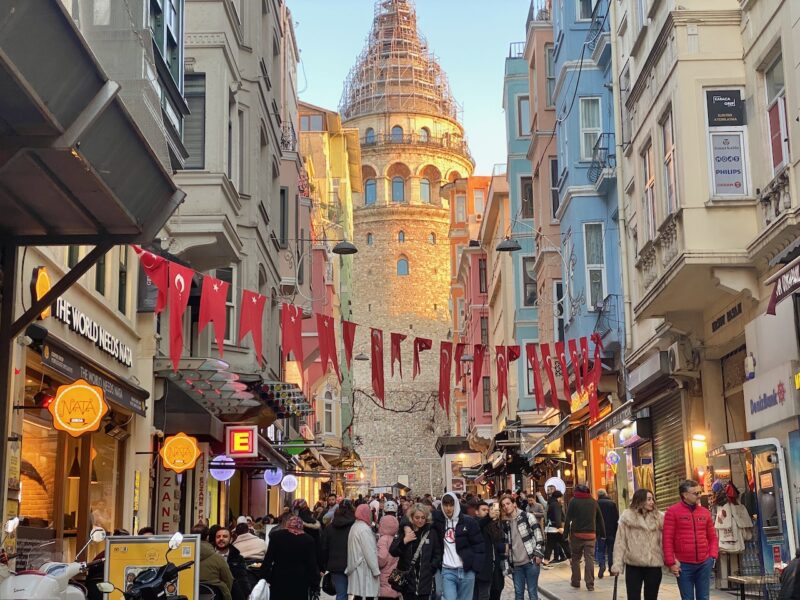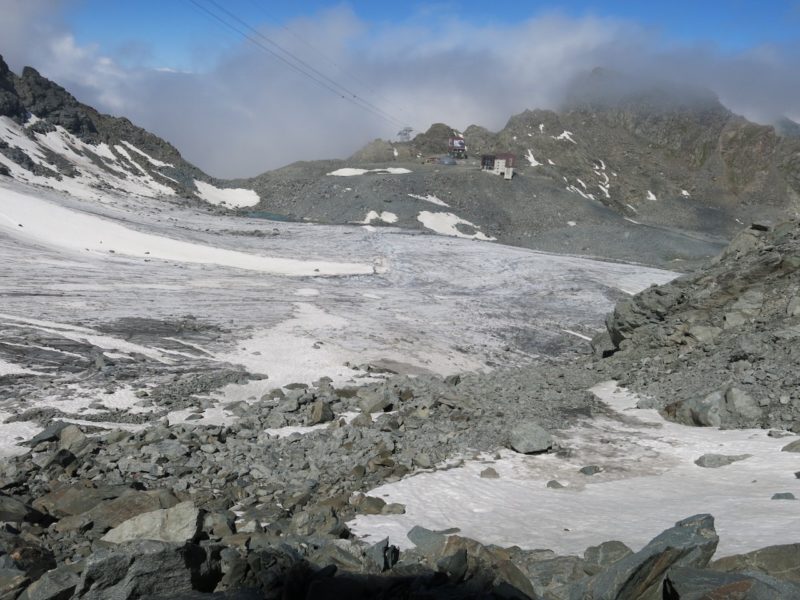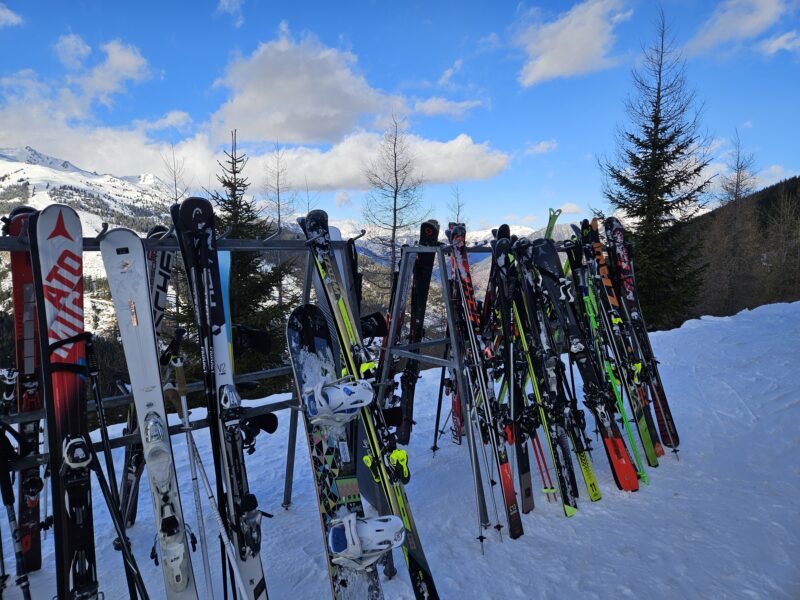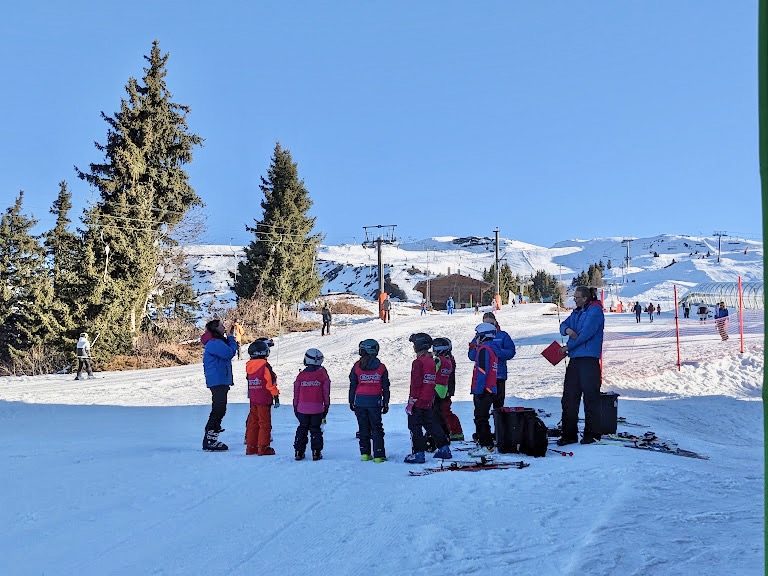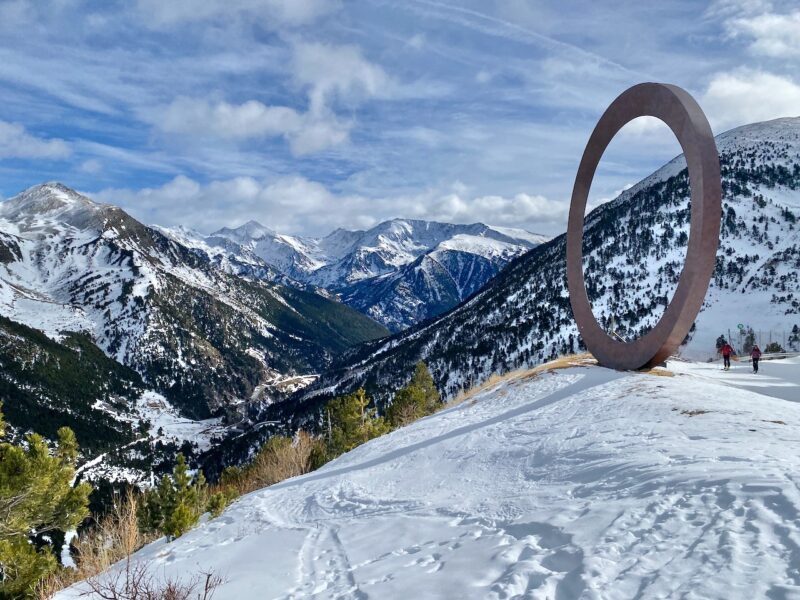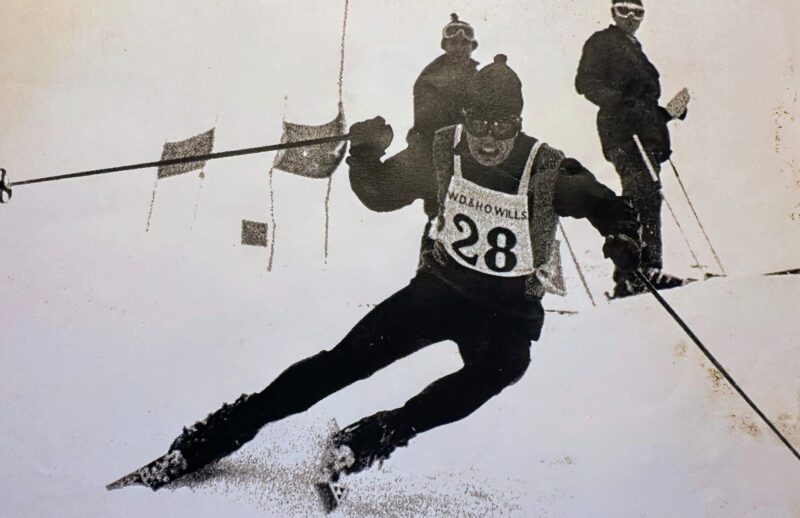Climate Report Claims Many Winter Olympic Hosts Could Not Stage Games In 30 Years
22nd June 2020 | Jane Peel, Chief Reporter
Last modified on May 20th, 2021
The study says that only 10 of 19 former Games locations will be able to stage reliable winter sports events by 2050 and just 6 by 2080.
The conclusion comes in Playing Against The Clock: Global Sport, the Climate Emergency and The Case For Rapid Change.
It’s been written by the journalist, author and academic, David Goldblatt, for the Rapid Transition Alliance.
He’s calling for swift action from individual sports and major organisations.
“Climate change is, of course, not uniform, but one almost universal consequence of our current course is that average temperatures will rise everywhere, and in mountainous regions, home to most winter sports, that will mean less snow, falling less often, and melting more quickly,” he states.
He points to the 2010 Winter Olympics in Vancouver which the organisers said was then the ‘warmest on record’, but he says Sochi 2014 was warmer still.
“Many competitors complained about the lack of snow, and the slow, wet, heavy snow that was available was difficult to manoeuvre on,” he writes in the report.
“These poor course conditions meant that most medal winners came from amongst the first 10 athletes to start in each competition, who had the huge advantage of racing on drier snow that was quickly degraded for those that followed them.
“In Alpine skiing, freestyle skiing and snowboarding events there was, compared to the 2010 games, a 5% drop in athletes actually finishing their event, and a 9% increase in competitor injuries.
“The Sochi Paralympics saw a six-fold increase in injury rates compared to Vancouver.”
The report says Sochi is unlikely to hold another games but it is not the only prior host to be in that situation.
“According to predictions made by researchers at the University of Waterloo, it is just one of many former hosts that are unlikely, for climatological reasons, to be able to do so,” the report says.
“Of 19 prior locations, only 10 will still be reliable winter sports hosts in 2050, and just 6 in 2080.”

Sochi Winter Olympics 2014
RELATED STORIES
- Climate Change Could Lead To Tens Of Thousands Of Job Losses In Winter Tourism
- FIS Signs Up To UN Climate Change Initiative
- Snowsports Brand Joins Climate Strike
The report says, however, that the Winter Olympics have been the longest standing and, perhaps, the most important trigger for the sports world’s engagement with the environment.
“As early as 1932, the proposed bobsleigh run for the Lake Placid games, which required the cutting down of numerous trees, was successfully opposed by local residents.
“The 1968 Grenoble games were notorious for sports facilities that were unsuited to or degraded their surroundings. The ski jump was too exposed to the wind, disrupting training. The downhill ski runs were at an altitude too low for snow cover to be guaranteed. The luge run was too low to guarantee ice.
“All were later abandoned, a fact noted by a coalition of environmentalists and low tax republicans who forced and won a referendum opposing Denver holding the 1976 games.
“Nonetheless, it took till the early 1990s, and more environmental controversy around the 1992 Albertville games, for the IOC to really take the issue seriously.”
Since 1999 the Olympic Charter has included principles of environmental sustainability and the International Olympic Committee has announced that from 2030 the Games will have to be not simply carbon neutral but carbon negative.
But the report says that the IOC’s power to influence local organisers of both Winter and Summer Games once a bid has been successful has proved limited in the past and current practice suggest that’s unlikely to change.
“Athens failed to meet almost every single environmental objective it set itself, as well as leaving the largest legacy of empty and unusable stadiums.
“Beijing’s air pollution was worse at the end of its Olympic programme than when it began.
“London promised to offset its carbon emissions, and then failed to do so.
“Amongst the winter games Vancouver, Sochi and Pyeongchang, environmental degradation took many forms: building on sacred Native American land in Canada, tearing up a national park in Russia, and felling ancient and spiritually revered forest in South Korea.
“As we know from decades of environmental and climate policy implementation any credible governance system needs serious compliance and sanctioning mechanisms.
“This is what happens in their absence.”
The author concludes the report with a series of demands.
They include:
- After 2030 any global sports events or tours that are not carbon zero should be cancelled or postponed until they are.
- Sports federations that are not carbon zero should be excluded from the Olympics.
- National federations that had not made sufficient progress could be excluded from international competition by their sports federations
Read the full report – Playing Against The Clock: Global Sport, the Climate Emergency and the Case for Rapid Change
The author, David Goldblatt, is a writer, journalist and academic. He is a visiting Professor at Pitzer College, Los Angeles.

Impact of climate change. Image © PlanetSKI

